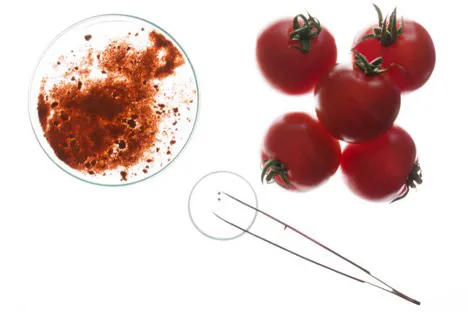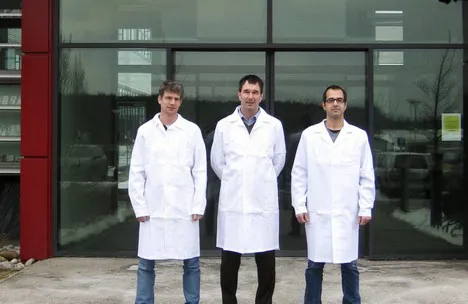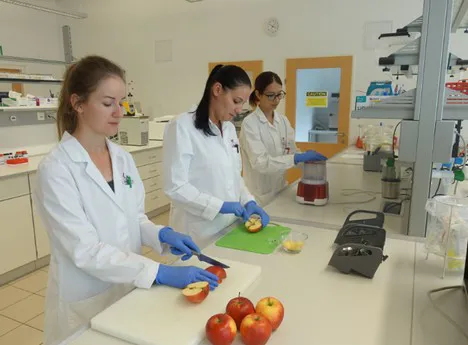A few weeks ago there was a million-dollar fraud case in the Austrian fruit trade: 460 tons of apples of Czech origin were offered on the market as Austrian goods. Imprint LLC, based in Neutal in Burgenland, has been fighting this type of fraud for many years. Managing Director Bernd Bodiselitsch explains in an interview how this analysis of origin works, particularly for fruit and vegetables.

The decisive factor in checking the declared geographical origin is the determination and interpretation of its stable isotope ratios of carbon, nitrogen, sulfur, hydrogen and oxygen. Each isotope ratio is influenced by certain sources of information -such as climate, soil type, fertilization, cultivation techniques, etc.- and generates the isotope fingerprint. "The so-called isotopic fingerprint is characteristic for the sample and is compared with reference data. The test sample is then compared with the expected range of variation of the five isotope ratios. Based on these results, we can judge whether the indicated geographical origin of the test material is correct," says Bodiselitsch.

Bernd Bodiselitsch, Managing Director of Imprint LLC
Fraude with origin indications
In recent months, there have been several reports of fraud with origin labelling of fruits and vegetables. Nowadays, one has the choice between products with protected designation of origin (PDO) and products with protected geographical indication (PGI) as well as local and regional foods. "As a result, the price difference between such premium products and "conventional" products is increasing. This means that adulteration of the products can be quite profitable. The greater the profit margin due to false labeling of the origin of a product, the higher the risks, of course."

Interruptions in the supply chain, as can happen in times of crisis, have a direct effect on the risk of such falsifications. "Our strongest weapons, however, are prudent measures for risk reduction and prevention. A regular and proper test plan is the safest and most economical way to achieve this."

At the end of 2012, Austria's first commercial laboratory for the analysis of stable isotopes was established in Neutal.
Increased risk in times of Corona
Falsifications of origin markings can occur at all stages of the supply chain. Bodiselitsch: "Producers with low production could bring in foreign products with their own batches, to meet the demand. Traders, exporters and importers could be tempted to mix products of different origins in order to make a quick economic profit. Retailers could change the designation of origin to keep premium prices on the shelf. However, it has been found that the risk of food fraud tends to be higher at the intermediate stages of the supply chain and lower at the beginning and end."

Today's pandemic has created exceptional turbulence in food supply chains and has triggered severe imbalances in supply and demand. These disturbances in the food supply chain significantly increase the risk of food fraud. "The unusual surplus of food since the beginning of the pandemic or the reduction of quality assurance measures due to the lock-down or for economic reasons open up new opportunities for criminals. We are also observing a shortage of labor in agriculture due to closed borders. Finally, the changed purchasing patterns of consumers must be mentioned: For example, we are seeing a strong increase in online shopping and a clear preference for local food."
For more information:
Imprint Analytics GmbH
Bernd Bodiselitsch
Werner von Siemens Straße 1
7343 Neutal
Tel: +43 (0) 59010 8900
[email protected]
www.imprint-analytics.at
